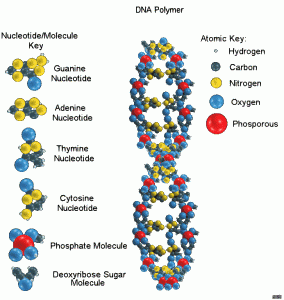Neuronal correlates of “free will” are associated with regional specialization in the human intrinsic/default network
Ilan Goldberg, Shimon Ullman and Rafael Malach In press article in Consciousness & Cognition Abstract: Recently, we proposed a fundamental subdivision of the human cortex into two complementary networks-an ‘‘extrinsic” one which deals with the external environment, and an ‘‘intrinsic” one which largely overlaps with the ‘‘default mode” system, and deals with internally oriented and […]
Ilan Goldberg, Shimon Ullman and Rafael Malach
In press article in Consciousness & Cognition
Abstract:
Recently, we proposed a fundamental subdivision of the human cortex into two complementary networks-an ‘‘extrinsic” one which deals with the external environment, and an ‘‘intrinsic” one which largely overlaps with the ‘‘default mode” system, and deals with internally oriented and endogenous mental processes. Here we tested this hypothesis by contrasting decision making under external and internally-derived conditions. Subjects were presented with an external cue, and were required to either follow an external instruction (‘‘determined” condition) or to ignore it and follow a voluntary decision process (‘‘free-will” condition). Our results show that a well defined component of the intrinsic system-the right inferior parietal cortex-was preferentially activated during the ‘‘free-will” condition. Importantly, this activity was significantly higher than the base-line resting state. The results support a self-related role for the intrinsic system and provide clear evidence for both hemispheric and regional specialization in the human intrinsic system.






